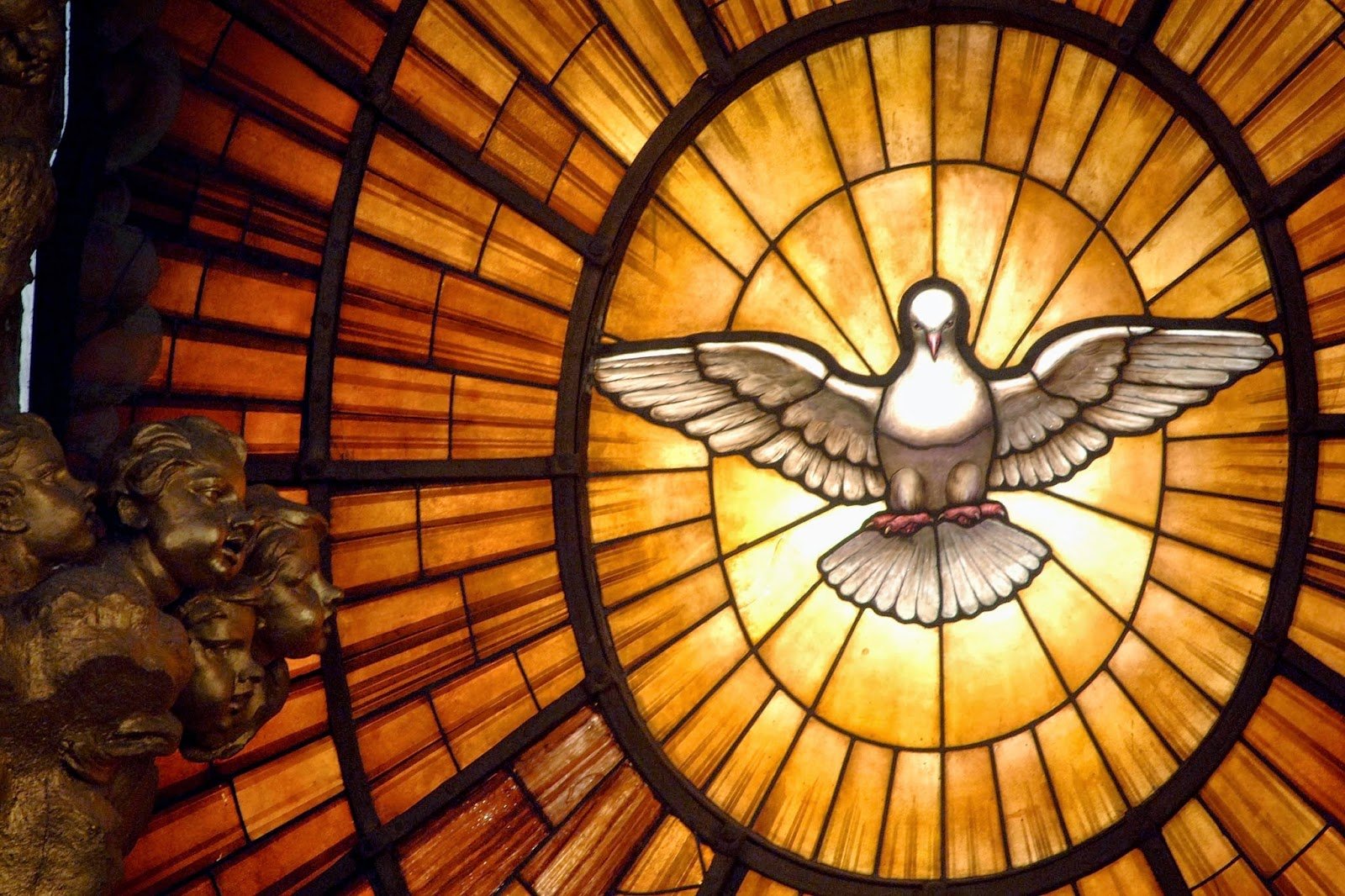Are Christians in Britain feeling at home?
 The Rt Hon Ann Widdecombe says being a Christian in modern Britain is "very difficult". She attributes this to "quite militant secularism" and equality legislation: both have combined to create an intimidating and censorious context, making people feel they ought not to express their faith publicly. She said:
The Rt Hon Ann Widdecombe says being a Christian in modern Britain is "very difficult". She attributes this to "quite militant secularism" and equality legislation: both have combined to create an intimidating and censorious context, making people feel they ought not to express their faith publicly. She said:
"Christians now have quite a lot of problems, whether it's that you can't display even very discreet small symbols of your faith at work, that you can't say 'God bless you', you can't offer to pray for somebody. If it's an even bigger stance on conscience that you're taking, some of the equality laws can actually bring you to the attention of the police themselves. So I think it is a very difficult country now, unlike when I was growing up, in which to be a Christian, an active Christian at any rate."
Of course, Jesus never promised believers that following Him would be a barrel of laughs. Those who hold on to a faith which embraces ethical and moral judgments are certainly having a rougher ride than those who disregard moral questions. It is easier to be the sort of half-evangelical Christian who proclaims an all-inclusive good news compared to the thoroughly evangelical type who believes that the Church can be committed to an ethical worldview without moderating its tone as a bearer of glad tidings.
Life in the Holy Spirit is a constant battle against 'the flesh'. The Spirit who descended at Whitsun - the glorious festival of Pentecost we celebrate today - empowers us to walk the precarious path between law and licence. We must be constantly vigilant, as St Paul warned in his letters to the Galatians and Romans, of the twin temptations of antinomianism and moralism. Every way of life not lived by the Spirit of God is lived by 'the flesh', by man taking responsibility for himself whether in libertarian or legalistic ways, without the good news that God has taken responsibility for him. Consequently, we cannot admit the suggestion that Christian ethics should pick its way between the two poles of law and licence in search of some middle ground. Such an approach to living the Christian life could end up by being only what it was from the outset - a fruitless oscillation between two sub-Christian forms of life.
A consistent Christianity must take a different path altogether, and that will attract scorn, condemnation and even physical persecution. But the path of an integrally evangelical ethic rejoices the heart and gives light to the eyes because it springs from God's gift to mankind in Jesus Christ. The flesh becomes dangerous when it is conceived as an alternative source of strength and wisdom to the Spirit: in the Christian life there must always be maintained a paradoxical tension between the weakness of the flesh and the strength of the gospel which is heard and lived through it.
So, let us be sure that we are being mocked and ridiculed for holding on to the faith that was bequeathed to us by Christ; not for expressing the opinions or moralistic obsessions of the flesh. Let us ensure that the world is hostile to the divine promise of the work of the Spirit within us; not the alternative rival source of strength and wisdom in the pretensions of the flesh. Let us, in humility, express the good news of Christ; not the justification of man through 'works of the law'.
As we reflect today on the descent of the gift of the Holy Spirit, let us remember not to seek fulfilment in our own self-expression, but in God's promise of ethical illumination which springs from the resurrection of Christ. The Spirit opposes 'the law' and 'the flesh' - the former is inadequate for salvation, and the latter is obsessed with autonomy and power. If things are 'difficult' for us, and if people snarl when you say "God bless you", is it because they hate the beauty of Christ within you, or because they find you an aggressive, hypocritical, loveless pharisee who bangs on about idolatry and moralism more than the believer's freedom, the fruit of the Spirit and the wonder of angels?


 Votes : 0
Votes : 0









